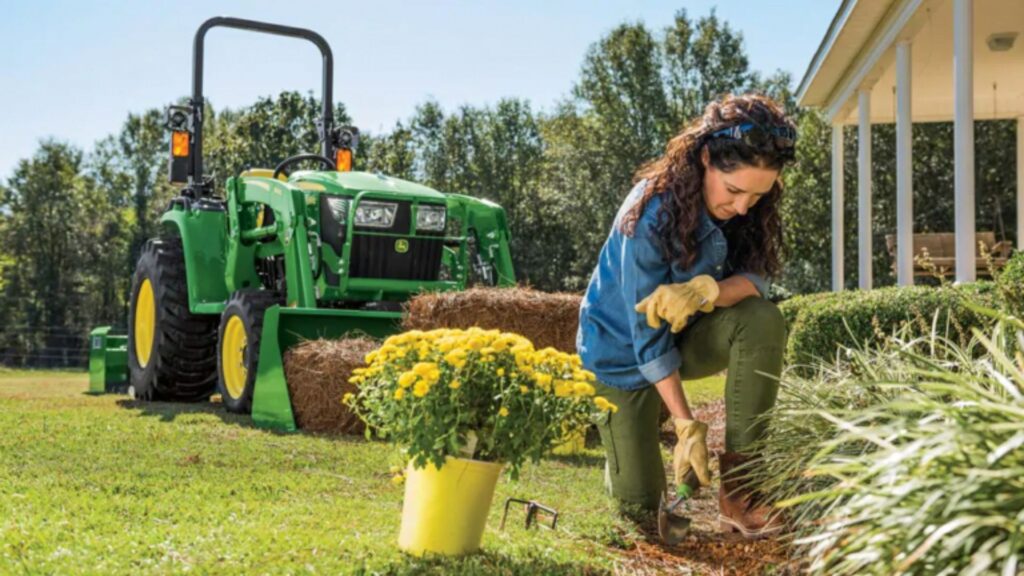Starting a small plant nursery is both rewarding and practical. However, beyond seeds and soil, you’ll need the right equipment to run things smoothly. Without proper tools, even a small nursery can quickly become disorganized, inefficient, and stressful.
Therefore, investing in the right equipment from the start will save you time, reduce effort, and result in healthier, more marketable plants. In this article, we’ll break down the essential tools every small nursery owner should consider—from propagation to sales.

Propagation Tools: Start Strong
First and foremost, propagation is the foundation of any plant nursery. To produce consistent, healthy plants, you need to equip yourself with the proper tools.
Essential propagation tools include:
-
Seed trays and plug trays – These make it easier to organize and germinate seeds efficiently.
-
Propagation domes or mini greenhouses – These help maintain the humidity seedlings need to thrive.
-
Rooting hormone – This speeds up the rooting process for cuttings, improving your success rate.
-
Sharp pruners or snips – These are vital for clean cuts when taking cuttings or trimming small plants.
-
Misters or spray bottles – Gentle watering is key for young seedlings, and misters help you avoid damage.
By starting with the right propagation tools, you increase your chances of growing healthy, market-ready plants.
Planting and Potting Equipment: Work Efficiently
As your plants grow, you’ll frequently transplant or repot them. For this reason, having reliable potting equipment is crucial.
Make sure to have:
-
Various pot sizes – From seedling trays to gallon pots, different stages require different containers.
-
Grow bags – Lightweight and breathable, they’re perfect for space-saving setups.
-
Potting benches or tables – These provide a dedicated, ergonomic workspace for potting and transplanting.
-
Mixing tubs or wheelbarrows – Useful when preparing soil in larger quantities.
Soil and Fertilizer Tools: Feed the Foundation
Next, remember that soil health is plant health. To grow strong plants, you must manage soil and nutrients properly.
Key tools and supplies include:
-
Soil testing kits – These allow you to check pH and nutrient levels to tailor your amendments.
-
Compost bins – If you want to produce your own organic compost, a compost system is a must.
-
Measuring scoops or cups – Consistent application of fertilizers prevents overfeeding or nutrient burn.
-
Organic fertilizers – Choose slow-release or liquid options suitable for different plant types.
Without consistent soil monitoring and care, even the best seedlings can fail.
Watering Equipment: Be Precise
Watering is a daily task, and doing it properly ensures healthy root development. Equally important, proper watering helps prevent disease and root rot.
Must-have watering tools:
-
Watering cans with fine nozzles – Ideal for small pots and seedlings.
-
Hoses with adjustable spray heads – These provide control over water pressure.
-
Drip irrigation systems – A smart solution for larger nurseries, reducing water waste and labor.
-
Timers or irrigation controllers – Automating watering helps maintain consistency, especially during busy seasons.
Cleaning and Sanitation Tools: Prevent Disease
While growing is important, so is maintaining a clean and disease-free environment. Pests and fungi can spread fast—especially in small, densely packed nurseries.
Sanitation essentials include:
-
Disinfectant sprays – Use these to sterilize pots, trays, and surfaces regularly.
-
Buckets, sponges, and brushes – For manual cleaning of equipment and tools.
-
Tool dip stations or alcohol jars – Dip cutting tools between plants to avoid cross-contamination.
Shade and Climate Control: Protect Your Plants
Just as important as watering and soil is managing the growing environment. Whether indoors or out, plants need the right temperature, light, and airflow.
Useful tools include:
-
Shade cloths or netting – These help shield tender plants from harsh sunlight.
-
Mini greenhouses or row covers – These provide warmth and protection during colder seasons.
-
Thermometers and hygrometers – Monitoring temperature and humidity helps avoid stress on plants.
-
Heaters or fans (if indoors) – Maintaining airflow and warmth is essential during extreme conditions.
Conclusion
Running a small nursery is a hands-on, rewarding venture—but only if you’re equipped for success. With the right tools for propagation, potting, watering, sanitation, and record-keeping, you’ll be ready to handle every stage of plant care and customer interaction.
Start with the essentials and build gradually. Most importantly, stay flexible and invest in equipment that saves time and improves plant quality. In the end, your hard work—and well-equipped nursery—will speak for itself.
